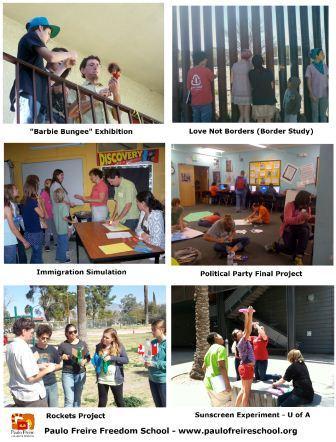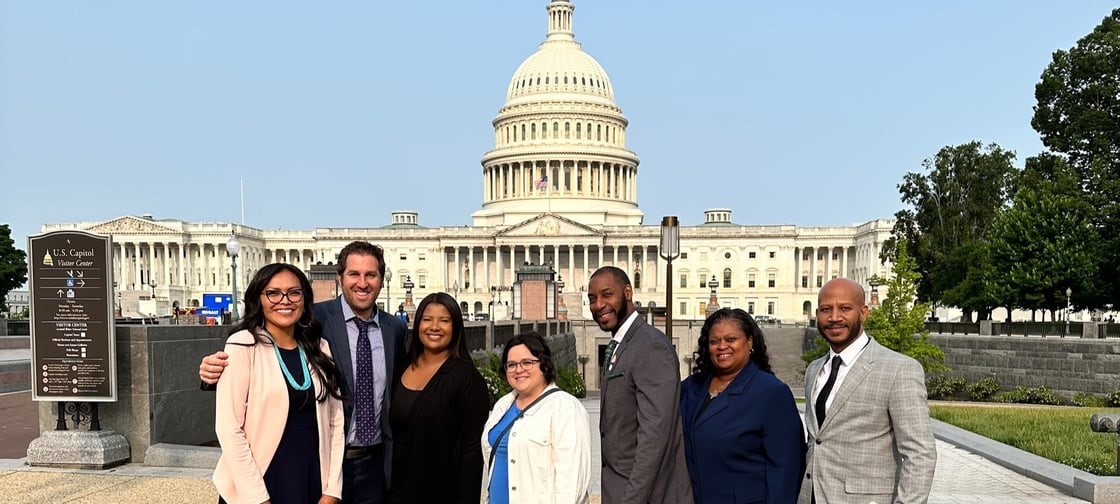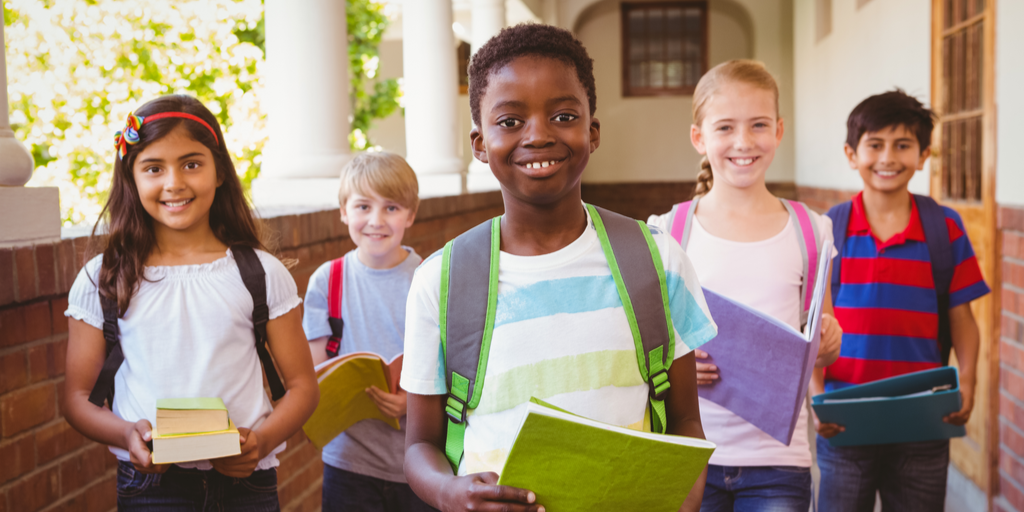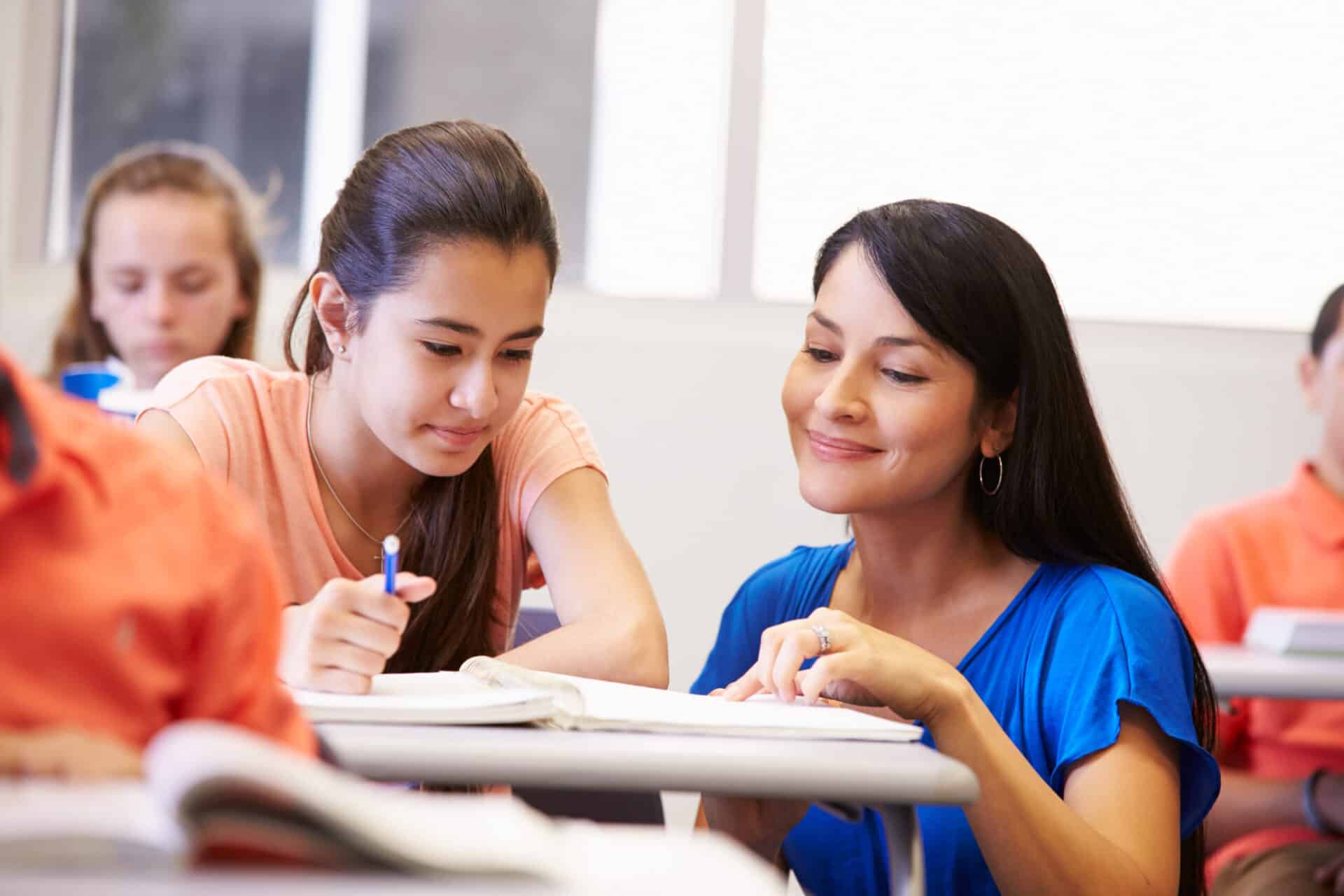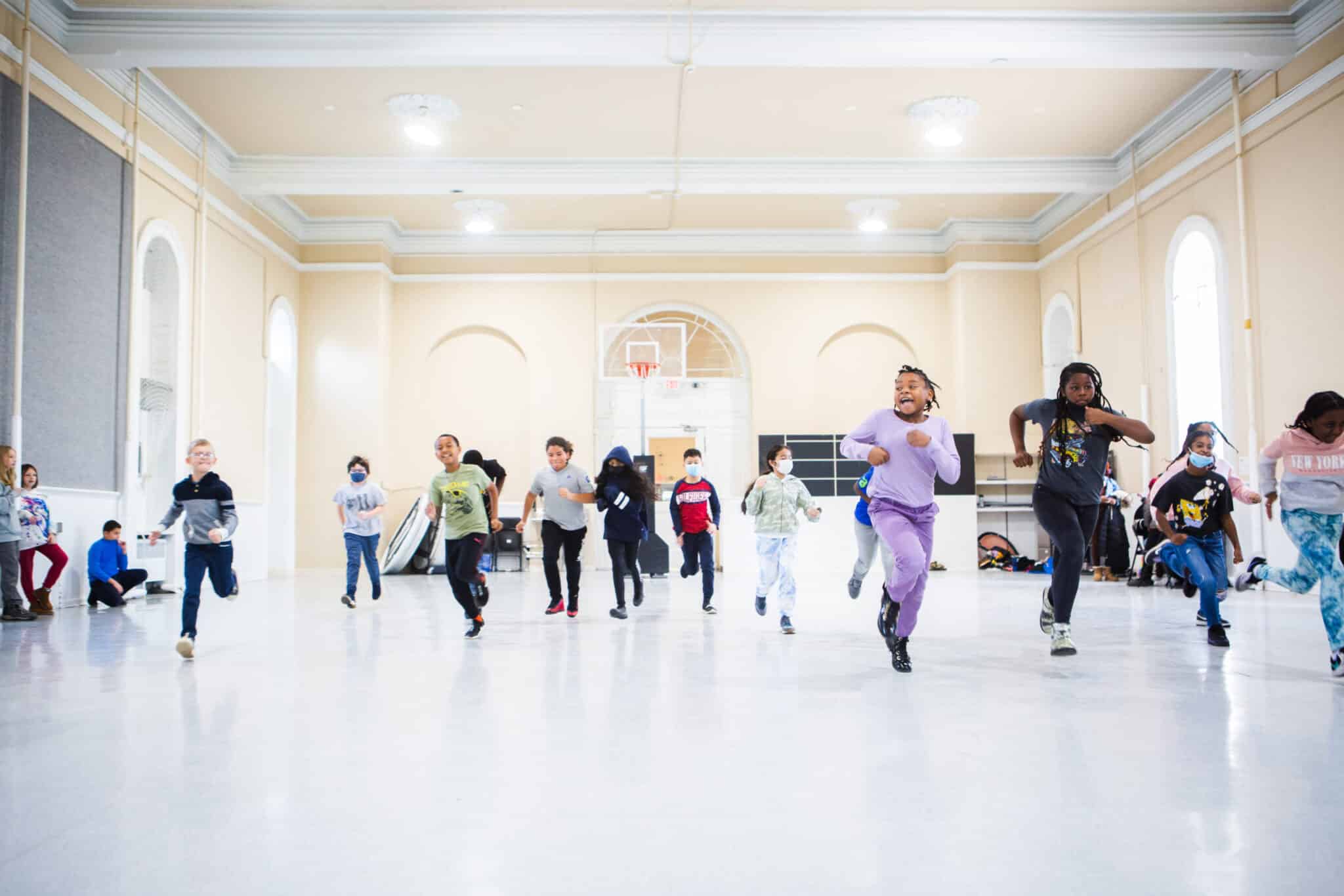NAPCS is using the Charter Blog to feature public charter schools that prepare students for college using a range of instructional strategies. NAPCS asked school leaders to tell us in their own words how they use different instructional methods to create a “college-prep” focus. By combining data on instructional strategies from a national survey with on the ground stories of the work of charter schools, NAPCS wants to show the scope of possibilities in how charter schools can provide great learning environments for students.
At Paulo Freire Freedom School (“PFFS”), a middle school charter in Tucson, Arizona, we believe that real knowledge comes from experiences that are authentic and engaging. Young people learn when learning is connected to the real world they live in and to the issues they care about. Across the country, students and parents, principals and teachers alike, express growing concern that public schools are narrowing their curricula to only those bodies of content and skills that can be measured effectively through standardized testing. They worry that this narrowing of focus at the expense of powerful teaching and learning puts students at risk of not understanding deeply the ‘big ideas’ in science, math, and social studies, or critical 21st century skills, such as collaboration, creativity, communication, and critical thinking that are needed in today’s workplace. At PFFS we have adopted Project-Based Learning (PBL) as our pedagogical and curricular focus. PBL is “an instructional approach built upon authentic learning activities that engage student interest and motivation. These activities are designed to answer a question or solve a problem and generally reflect the types of learning and work people do in the everyday world outside the classroom.” (http://pbl-online.org/) The term PBL can be used to describe a variety of experiences, including problem solving, group work, service learning and expeditionary learning. At PFFS we use PBL in two different ways: as an integral part of the regular classroom curriculum and as experiential learning experiences outside the classroom walls. In the classroom, our students are regularly asked to work in teams to solve a problem or investigate an issue. These projects involve real world situations that quickly engage students because the relevance of their work is immediately apparent. For example, in our 8th grade Humanities curriculum, a final project asked students to work with a partner to create their own Political Party addressing critical topics studied throughout the year such as the role of government, civil rights, and economic policy. After detailing their Party Platform, students then had to try to “sell” their party to other students by using political ads and slogans. An election was held that demonstrated how effective their marketing had been. Many of the projects at PFFS are interdisciplinary, such as our “Barbie Bungee” exhibition. Students are first asked to recreate life-size Barbies using the same scale as the Barbie doll. Then they researched and reported out on a social justice issue connected to the doll (i.e. the manufacturing practices at maquiladores along the Mexican border with the United States, or the impact of unattainable images of beauty on adolescent self-worth). The project ended with students ‘bungee jumping’ Barbies from a balcony to estimate, measure, and analyze velocity. Sometimes our projects take on a life of their own as happened last year when the entire school was transformed into eight different biomes. In small groups, our entire student body researched biomes on the planet to get a real sense of each biomes’ ecosystem. Students then recreated an ecosystem (minus humans) to scale in different parts of the school building with charts and posters explaining their pristine dioramas. On the third day we introduced humans. Students had to return to their research, assess the impact humans have had historically on different biomes, and then create governments and economic systems to meet the respective needs of their biome civilizations. While we fully embrace the concept of PBL, we know and have seen that too often what is called project-based learning is little more than students doing prolonged group work. Sometimes these projects include extended periods of “art time” (e.g. hours spent decorating dioramas). While perhaps enjoyable, these activities might not push students into higher levels of learning. Thus, any PBL at PFFS must be designed with an eye to what are the desired student learning outcomes and how effectively and efficiently the project supports those outcomes. The other area where PBL is used is outside the classroom through experiential learning. These experiences are not necessarily about working on solving or analyzing real life issues in an extended project that culminates in a student created demonstration. Experiential learning at PFFS consists of students being exposed to a panoply of outside environments aimed at building their background knowledge and establishing relevancy and motivation. We create a special week of Intersession programming two times during the year, when teachers work exclusively with approximately a dozen students to explore an area of passion in depth. Teachers propose topics based on their passions/expertise and students then rank their choices. In the past we have offered a diverse mix of experiences including Space Exploration, Backpacking in the Rincons, The Story Behind Stuff, Upcyling, Circus School, Let Freedom Sing (the use of freedom songs as part of civil rights movements), Love Not Borders (border study), Move It (dance and political expression), Building with a Conscious, and Political Musical Theater. Expeditions, which take place every Friday for a third of the school, are one day field experiences. These range from going to the University Arizona medical school to conduct sunscreen experiments, to volunteering at a homeless shelter, to attending student matinee performances put on by the Arizona Theater Company. The rationale for exposing students to learning outside the classroom walls lies in research showing that building background knowledge significantly helps students in their academic studies and helps students make connections between what they are learning in classroom with the larger world to motivate students to learn. Our students perform well on their standardized tests, but we believe this provides only a limited snapshot of what they know and can do. We look forward to the new performance based-assessments that will be coming soon with the Common Core which promise to measure a larger part of student achievement. Arguably, our most important performance metric is that our students are excited about coming to school and they love learning. In a survey given to our 6th and 7th graders at the end of last year, 100% said they enjoyed coming to school. We believe that this evidence is at least as significant as making AYP on our annual report card. JoAnn Groh, Co-Founder and Co-Director, Paulo Freire Freedom Schoolwww.paulofreireschool.org Find Paulo Freire Freedom School on the Public Charter Schools Dashboard.

